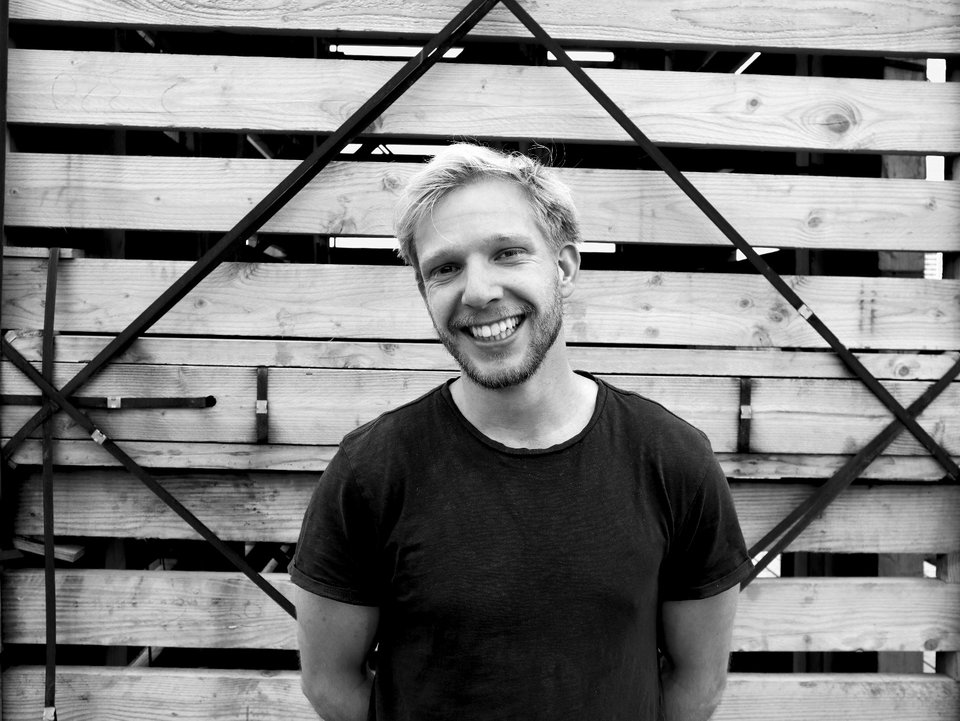Simon Schilt
Transforming Mindsets: An exploration of the role, potential and processes of inner transformation in the transition towards sustainable, just, and generative societies
Despite the growing attention and effort directed towards sustainability and climate change mitigation, dominant policy approaches and actions have not yet led to the scale, speed or depth that is needed to avoid catastrophic futures. Scholars and practitioners are increasingly arguing that, therefore, we need to address the root causes of the problem: our mindset, worldview or dominant paradigms out of which current sustainability problems have arisen. The way we see the world greatly influences the way we are in the world. Thus, a society that is based on worldviews that are inherently unsustainable will inevitably lead to unsustainable outcomes and practices. Following this argumentation the most effective way of triggering transformation towards more sustainable societies would be to bring about change at the level of worldviews. This argumentation is increasingly being supported by a growing group of scholars from sustainability science that apply the deep leverage point approach from Donatella Meadows on system change for sustainability. “Leverage points are conceptualized as places to intervene in a system with potentially increasing levels of impact towards system change. Shallow leverage points relate to material aspects of systems such as incentives and resource flows, as well as feedback-loops between them. Deeper leverage points include the structuring elements of systems, its rules and institutions, and even deeper leverage points include the design, intents and paradigms (or mindsets) underlying how systems are set up.”(Woiwode et al., 2021: p. 2). Thus, the place to intervene in a system with the most leverage towards system change is at the level of worldviews, paradigms or mindsets. This is not to say that we should aim for a change of people’s worldviews (from one worldview to another) per se, but rather effect change in people’s worldviews.
The concept of inner transformation may be particularly useful in this context. Inner transformation describes changes related to people’s mindsets or worldviews: the internal lenses through which people see and navigate life. This is similar to how the field of developmental psychology conceptualizes transformation - namely, transformation as psychological growth or a ‘maturation of the mind’, pointing to a gradual expansion of one’s frameworks of meaning and meaning-making. Theories from developmental psychology and transformative learning suggest that such an inner transformation can be enabled, supported and facilitated through education. Central to this process seems to be the development of awareness of people’s own worldview and the awareness of that of others. This can be conceptualized as one’s worldview awareness.
With my thesis I aim to contribute to the understanding of the role, potential and processes of inner transformation in the transition towards sustainable societies, by exploring how the development of worldview awareness can be enabled and facilitated, in particular in the context of higher (sustainability) education. I am going to do this by researching the effect of a transformative leadership training in the Netherlands. This program aims to cultivate worldview awareness following a transformative process of individual reflection and collective exploration and learning.
